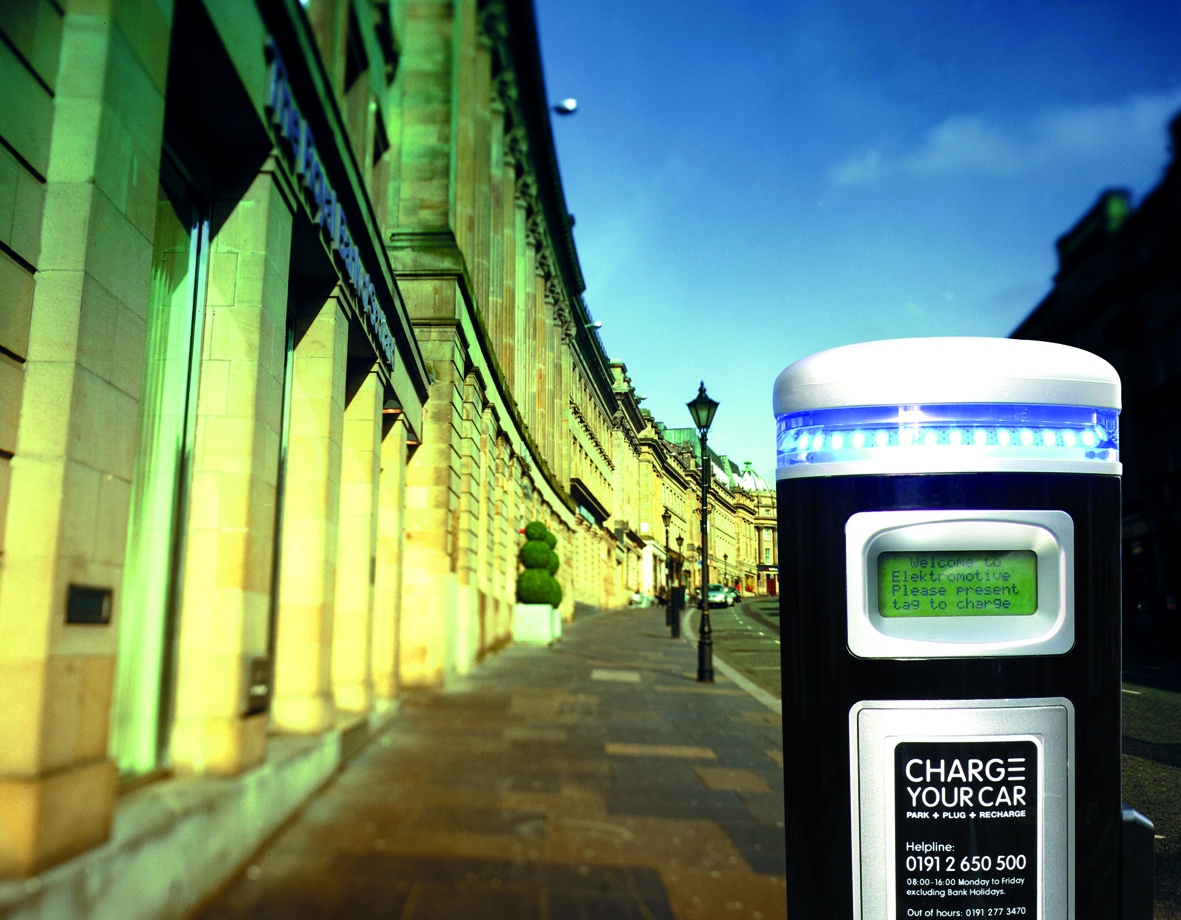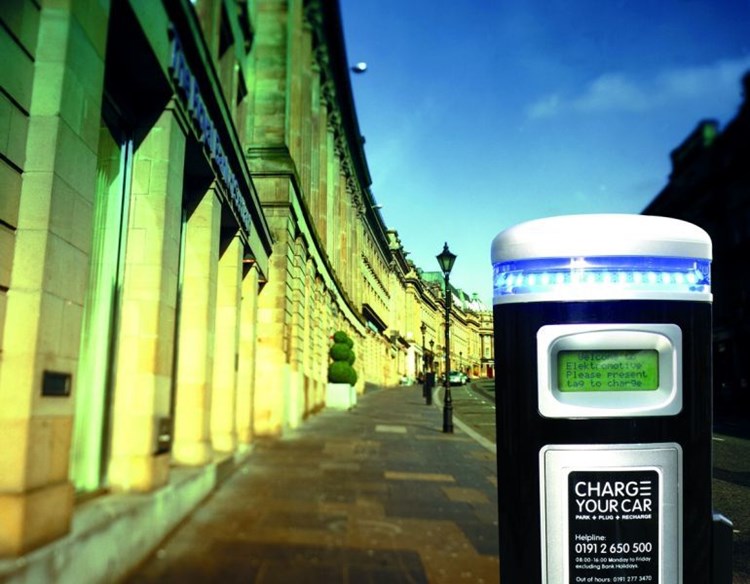I don’t want to be that guy who finds fault with everything but let’s be realistic here… I don’t think that we are ready for all the EcoMobility ideas just yet; In fact, I don’t think we’ll ever be ready for them. Let’s use Sandton as an example… I think the idea to close off some streets in order to reduce traffic is a good one, but what are the implications of this? Yes, more people are using public transport and electric scooters and it all looks fantastic on the news but what they don’t show are the traffic jams as a result of this. I hear about heavy traffic jams daily in Sandton, on the radio. Has it then actually worked? They have just moved the issue to another area.
I do believe there are far too many cars on Gauteng’s roads, even with the upgrades, traffic just keeps on and on, increasing. Millions of people drive up and down for business each and every minute of the day.
That brings me to the next issue… public transport. The idea is fantastic and I wish people would use public transport more often, but, let’s look at the facts… our public transport system is not up to scratch. Yes, we have buses and taxis but are they safe? Not only road-legal safe, I mean reliable safe? For instance, let’s say you – along with thousands of others - need to get to work but you can’t because the taxi drivers are attacking the buses that you use, or the bus drivers are striking or taxi companies are fighting and arguing with each other. Look at what happened when local taxi drivers targeted members of Uber. Will these organisations allow for competition? What is the government going to do to protect the interests of the public?
What about motoring companies? Look at what has happened to Volkswagen in the past few months. Its entire organisation has been turned upside down due to the discovery of emission-reducing software that’s been installed into 11 million of its vehicles! Are we pushing the envelope here? I think it’s great that car companies try to reduce fuel consumption in their vehicles. It’s amazing to experience a car powered by electricity, but will that have an impact here, on our home ground? A charging station in Melrose Arch with a BMW i8 plugged into it looks good on TV and in pictures, but will it really work for the masses? With the problem that Eskom is experiencing how are we going to get extra electricity to the majority of South Africans, so that they can charge their cars? I’m sorry but I don’t see Eskom coming right anytime soon.

Okay, so what about hydrogen power? Hydrogen is more common than electricity and the range is much longer than that offered by electricity - sound good? Well, hydrogen powered cars are very expansive and for some reason, just because a car is eco-friendly some manufacturers think they must then make it look as if it’s from another world. Why can’t they make a normal-looking car? Why does it have to have a blue badge or a strange looking body shape? Who wants an expensive, odd-looking car, here in South Africa? The majority of South Africans don’t own a car, so for those people, a small inexpensive car is needed.
Could that be the answer then, small, inexpensive transportation? If you are starving and someone offers you a plain piece of bread and a glass of water will you turn it away because it’s not a medium-rare steak with chips and an ice-cold beer? I doubt you will. So why then, if you need to get from point A to point B, do you need a big, expensive, high-tech vehicle? Could small cars, like the original Golf and the original Mini be the answer to our predicament here in South Africa? In China and India, small, inexpensive cars are the preferred mode of transportation. Should that be the solution here?
Instead of closing off streets to motor vehicles, local government should have only allowed small, city cars into the area. They are light on fuel, take up less space on the side of the street and they fulfil a basic need, to get from point A to point B. Maybe that’s the answer to help improve the traffic situation on our roads? Buy a small car and give your work colleague a lift to work.
Follow us on Facebook and Twitter for motoring news.

















